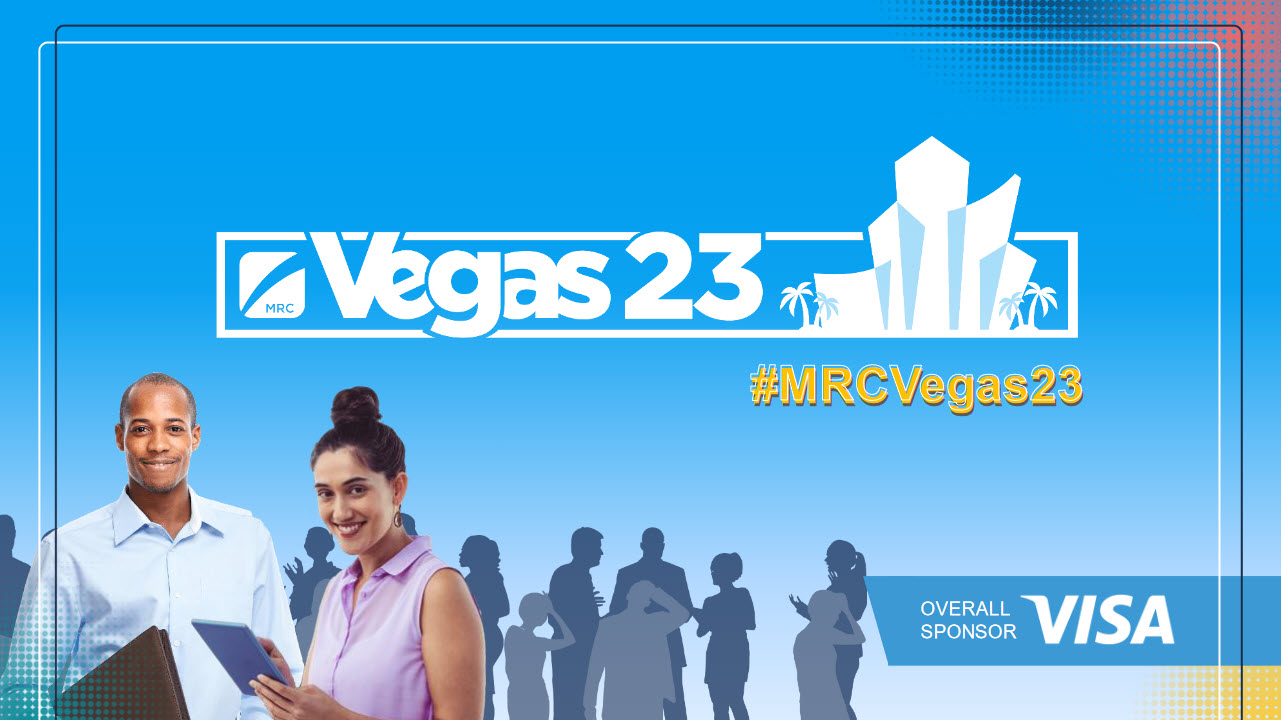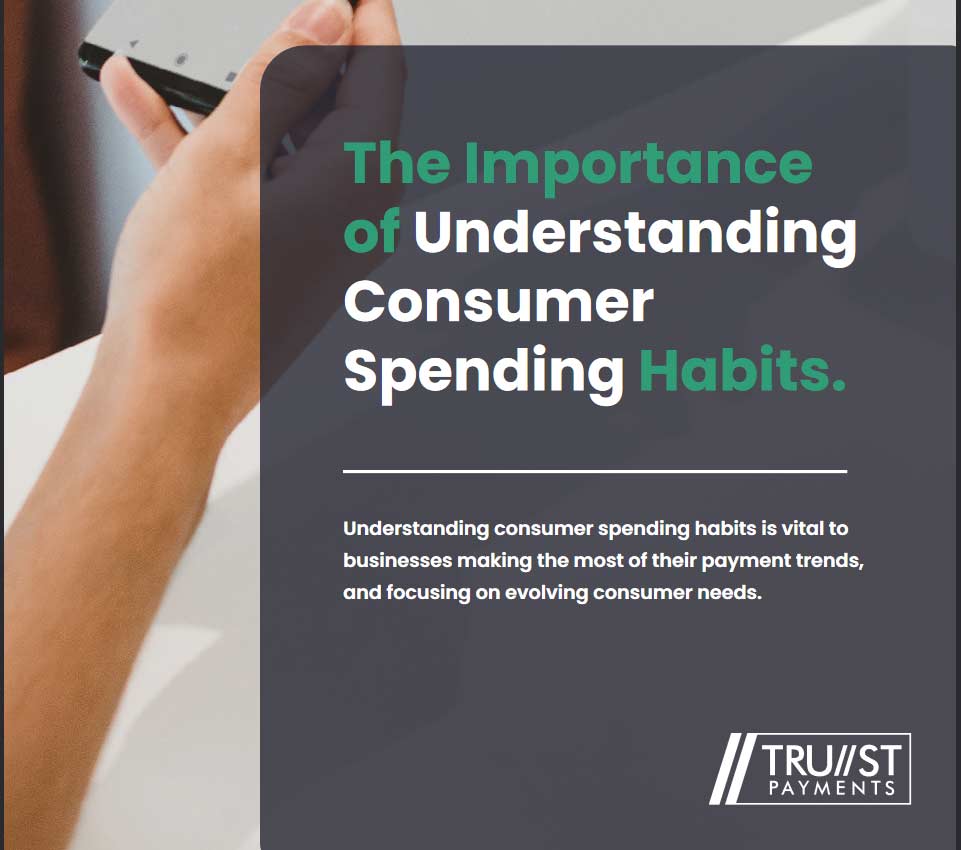Buy Now, Pay Later Payments
Member News
Blog
Buy Now Pay Later
Installments
Rodrigo Naranjo -- Vesta
Aug 12, 2020
Blog
A New Trend Emerges in Payment Alternatives
A shift in preferences away from credit cards, particularly among GenZ, is driving the development of new checkout lending strategies. Buy Now, Pay Later (BNPL) solutions offered by companies like Affirm, Afterpay, Klarna, and SplitIt, are becoming increasingly popular payment alternatives with consumers.Several BNPL solutions providers saw robust usage during Black Friday and Cyber Monday sales, revealing that consumers had more interest in staggered payment options during the 2019 holiday season. Global monthly installment solution SplitIt hit $1 million in daily underlying merchant sales in the United States during this period.
Buy Now, Pay Later is a big business in Australia and continues to grow. As many as 30% of Australian adults now have one or more Buy Now Pay Later accounts, which makes for roughly 5.8 million users nationally. Afterpay, a major player in the space, launched in Australia in 2015 is one of the leading BNPL options.
Up to 60 - 80% of all eCommerce payments are made in installments in LATAM and provide a key alternative means to shop for items that otherwise might be beyond reach for many consumers. Payments in installments are usually free of interest for the buyer and are collected month-by-month by the vendor. The quantity of installments typically varies between 3 to 12.
New Global Players in Buy Now, Pay Later
FinTechs like U.S.-based Sezzle innovate their installment payment solutions to better serve merchant partners' customers. Sezzle recently received a $100 million loan facility to boost its growth, enabling it to quickly repay merchants that allow consumers to use its solution. Customers can use the service to fund purchases in four interest-free installments.Indonesia-based FinAccel recently raised $90 million in a funding round led by Asia Growth Fund and Square Peg to expand its installment and credit services throughout Southeast Asia. The company operates a credit lending application called Kredivo, which allows its more than 1 million users to finance online purchases through payment plans. Consumers can receive credit solutions for purchases ranging from $100 to $2200 and they have one month to pay back their loans without interest.
Typical Propositions for Buy Now, Pay Later
Installment Loans
- Pay for specific purchase via an installment loan
- Application made as part of the checkout process
- Instant decision made based on innovative credit scoring
- Purchase loan paid back in installments over a pre-agreed period
Pay On Invoice
- Typically consumer agrees to pay within 14 days
- Payment provider pays merchant immediately and collects monies from consumer
- Consumer can choose to convert payment into installment loan
Approved Credit Line
- Apply for credit directly from popular wallet providers
- Credit given prior to any specific purchase
- Not tied to merchant or specific transaction or product purchase
- Evolution of wallets from being prefunded to line of credit
Comparison Graph on BNPL Vendors
| Klarna (Pay On Invoice) | Affirm | AfterPay | Splitit | |
| Created | Swedish Pay After Delivery checkout service | Alternative lending site started in 2012 by PayPal co-founder Max Levchin | ||
| Credit Check | Yes | Yes | Yes | No |
| Credit Application | Yes | Yes | Yes | No |
| Late Fees | Up to $10 (U.S.) | 1.5% of purchase amount, reported to credit bureaus | $8.00 initial fee and an $8.00 fee for every 7 days | No |
| Interest Rates | 19.99% -- U.S. 18.9% -- UK |
APR ranges from 10% to 30% depending on plan and credit | 0% | 0% |
| Installments | 4 | Monthly installment plans from 3 to 12 months -- 36 with select merchants | 4 -- the first is paid on order | Up to 36 |
| How It Works | -Customer sets up Klarna account -Customer completes checkout with only email and mobile number -Klarna settles full amount with merchant and issues invoice to customer via email -Customer has 14 days to pay invoice or alternatively convert into installment plan |
-Customer applies for Affirm credit during checkout -Affirm undertakes a "soft" credit check -Affirm settles full amount with merchant and services loan directly with customer |
After the shopper applies and is approved for credit, a purchase is broken into four equal installments payable every two weeks | Splitit lets shoppers set up payment plans with their existing credit card without interest charges or fees -- it is not new financing |
| Credit and Fraud Risk | Assumed by provider | Assumed by provider | Assumed by provider | Assumed by credit card |
| Global Presence | 14 countries | U.S. only | Australia, New Zealand, Belgium, Netherlands, UK, and U.S. | Global |
Fraud Strategies for Buy Now, Pay Later "Installment" Payments
The simplicity and increasing adoption of these payments can leave merchants exposed and vulnerable to fraud losses and negative PR.Regardless of the payment type, it is crucial for merchants to follow best practices and keep themselves one step ahead of bad actors. Below are four key strategies that help proactively detect fraud.
Anomaly Detection
Change in buying patterns is a key leading indicator. It is important to look for obvious irregularities in ordering habits which may suggest that a buyer is exploitative. These may include orders which are placed during non-regular hours, or orders placed with higher quantities than usual for a specific product.Digital Footprint Assessment
The four pillars of the digital footprint can provide crucial signals to understand the origins of the payment.a. Device fingerprint analysis -- Keep track of the devices a user is typically logging in from. Use machine learning algorithms to analyze key attributes such as screen resolution, browser version, user agent, time zone, and language settings, which can highlight consistency for a normal user versus deviation from the normalcy which can be signs of an unauthorized access.
b. IP profiling -- A lack of geo-location information or a mismatch between distances from the billing address to the IP geo-location can be a key indicator.
c. Email address profiling -- The email address used by the customer to log into your site and place an order will also be a good indication as to the user's legitimacy. Email addresses which are either linked to no-name providers or email hosting firms and are outside of the mainstream or constructed thru randomization techniques, designed to make identity detection difficult, can be a bad sign.
d. Phone number analysis -- Multiple phone numbers associated to a single device can be a red flag.
Data-driven Machine Learning Strategies
Models that build upon features and profiles and target user behaviors, session information, order history, and transaction data as key levers are far more effective than rules-driven reactive strategies.a. Consortium data like bad CC bin ranges, phone numbers, email addresses, and payment card numbers used across merchants can be key in the decision-making process. It is essential to maintain data privacy and compliance with laws, regulations, etc.
b. Link analysis -- Linkages between IP, device, email, and mobile phone numbers should be established if there are any hidden connections. Multiple orders linked to the same shipping address or a single device associated with multiple cardholders are couple of examples.
c. Velocity checks -- A high-volume of orders coming in quick succession could be a script attack where fraudsters are using stolen credentials to create accounts and make purchases with stolen card information.
d. Shipping address checks -- If an item is being delivered to a party based overseas but the billing address is an entirely different domestic address, then there is a far higher risk of fraud occurring.
Decisioning Speed
Real-time scale and speed to go through millions of data points in a matter of milliseconds and provide a decision with low false-positives is key to minimize liability. It is also important to be able to refresh your models on a frequent basis to be on top of new patterns of fraud.Vesta's Payment Guarantee applies all of the above strategies but also goes one step beyond to cover fraud chargeback liability. Vesta delivers payment acceptance rates up to 3% higher than competitors, while protecting your revenue with our no-fraud guarantee.
"At Vesta, our one simple goal is to allow our merchants to increase revenue by eliminating the fear of fraud. If we tell our customers a transaction is safe to approve, it is, and we stand behind that with our payment guarantee." - Rodrigo Naranjo, Chief Growth Officer
Reach out to us for more information on how we can help protect and grow your business.
Rodrigo Naranjo
rodrigo.naranjo@trustvesta.com
Reference Sources
- https://mozo.com.au/credit-cards/articles/buy-now-pay-later-report-2019
- https://www.abc.net.au/news/2019-11-29/buy-now-pay-later-sees-rapid-rise-but-some-warn-of-risks/11746010
- https://cellpointdigital.com/articles/insights/payments-latin-america/
- https://www.ecommerce-nation.com/digital-payment-solutions-latin-america-offer/
- https://business.ebanx.com/en/latin-america/payment-methods/installments

Host a Webinar with the MRC
Help the MRC community stay current on relevant fraud, payments, and law enforcement topics.
Submit a Request
Publish Your Document with the MRC
Feature your case studies, surveys, and whitepapers in the MRC Resource Center.
Submit Your Document



